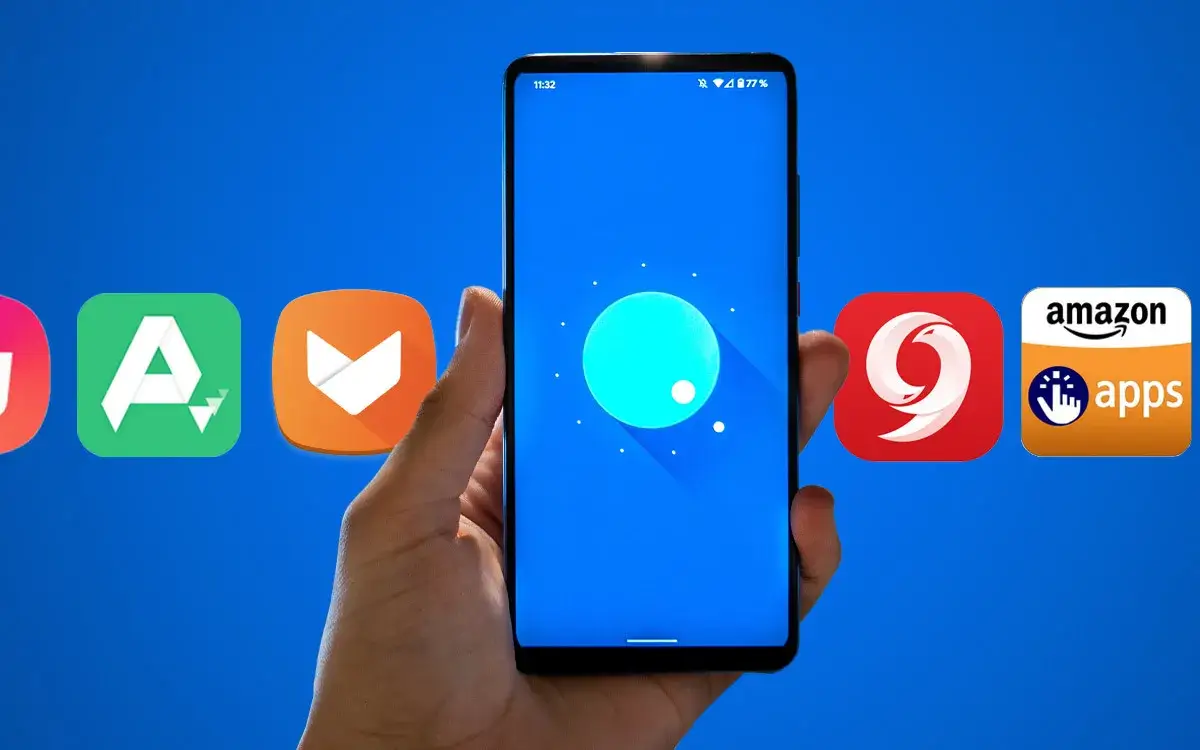Is it safe to publish on alternative app stores?
• 4 min read

If you’re an app developer, you have to make some important decisions on how and where you want to distribute your product to the masses. While the major choices include stores like Google Play and the Apple App Store, alternative app stores are sweeping the world wide web. But is it safe to publish your app in these alternative app stores? With the Coalition for App Fairness questioning the methods of major players, there is no better time to find out!
While you should always check the level of security of any app store you’re choosing to use, alternative app stores are generally better at protecting both you and your brand. How, you may ask? By ensuring that there are no fake versions of your app out there. While this may seem like a trifling perk, fake apps can delegitimize your brand, creating bad user experiences and negative buzz surrounding your app. With a projected 112 billion downloads from alternative app stores in 2021, that can mean big complications. We all know the phrase that no press is bad press, but we’re not sure that really applies to this situation.
But that’s not the only downside to fake apps. If users are downloading another app instead of yours, that’s going to tank your stats, making you lose business overall. Alternative app stores have a tendency to value their customers more, unlike major app stores where you can be lost in the shuffle. They’ll want to keep you happy, so they’ll make sure that there are no apps impersonating yours, through the use of the same name, icon, description, etc. An app distribution console such as Catappult, which feeds your APK into multiple app stores, is particularly good at this, scrutinizing all apps and ensuring that no one is infringing on your copyright.
The fact that alternative app stores have fewer apps can also benefit your distribution in other ways! These types of app stores have a tendency to be more niche, catering to a specific audience and giving your app better access to emerging markets. With a major store like Google Play hosting more than 2.87 million apps, and alternative app stores generally hosting well less than half that amount, this enables more visibility, in addition to less competition.
And we haven’t even touched on the fact that alternative app stores can often operate where some of these major players cannot. China is one of the best examples of this, as Google Play is banned in the country, however they boast the largest amount of smartphone users in the world at over 851 million (with India coming in second at only 346 million). This would be a staggering amount of potential business to miss. That is why you need alternative app stores such as Aptoide, the largest independent Android app store with over 250 million users, which allows Android developers to set up and manage their own Android Stores. Aptoide has no geo-restrictions, meaning you can search for any apps and games globally. That means a whole new world of possibilities when it comes to app distribution.
Finally, one of the biggest and most important differentiations between major and alternative app stores is showcased best in the words of the 1996 film Jerry Maguire: “Show me the money!” While Google Play famously offers a 70/30 split to the developers (which is a major sticking point for many distributors), you can find alternative app stores that give you up to an 80/20 split, and let you publish for free! If the safety of these stores doesn’t convince you, the extra money in your bank account certainly might.
With more than 300 third-party app stores out there, it’s no wonder people are pondering if they’re safe. While you should always research before you choose, good alternative app stores will leave your business even better than they found it. So what are you waiting for?
More from our blog








